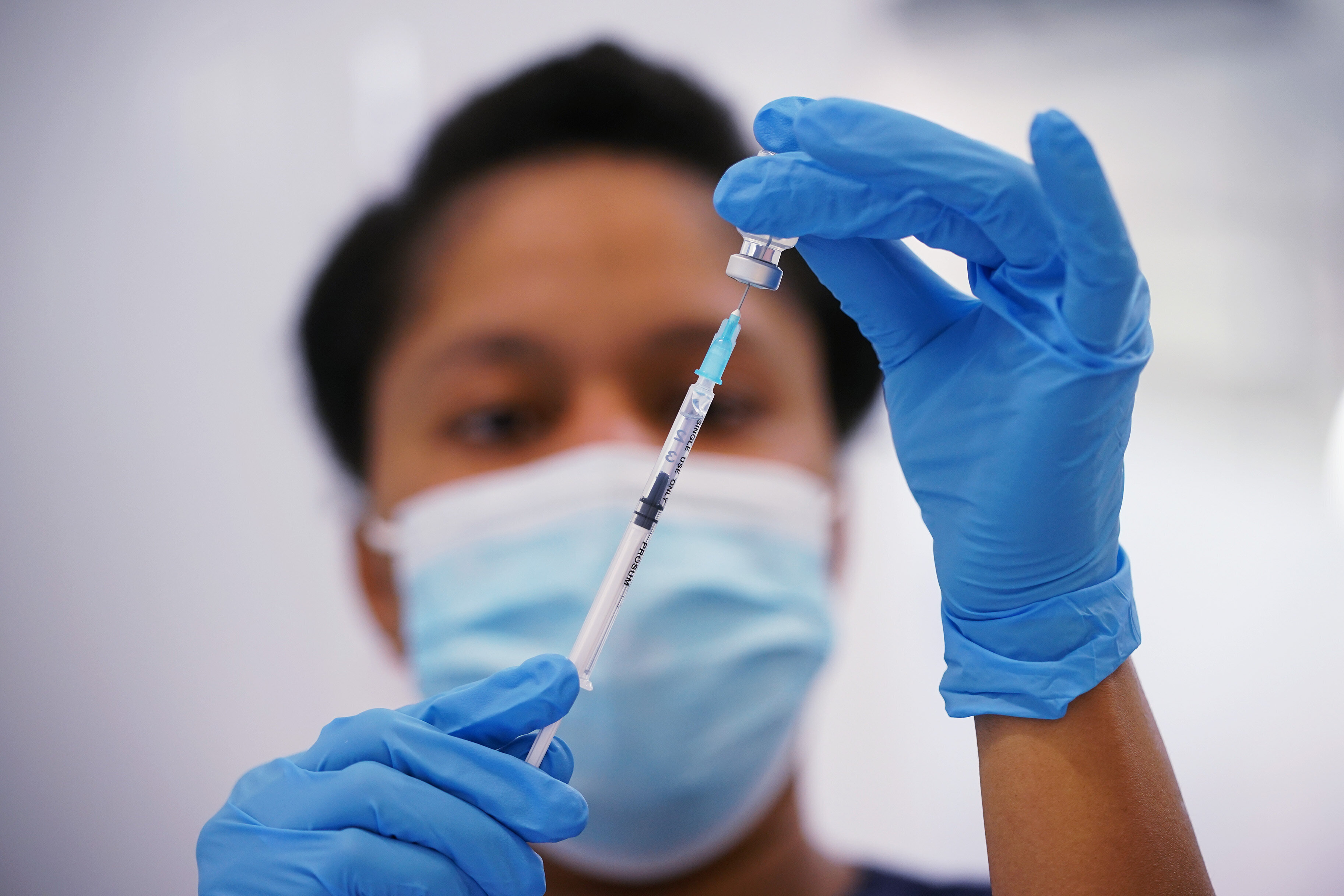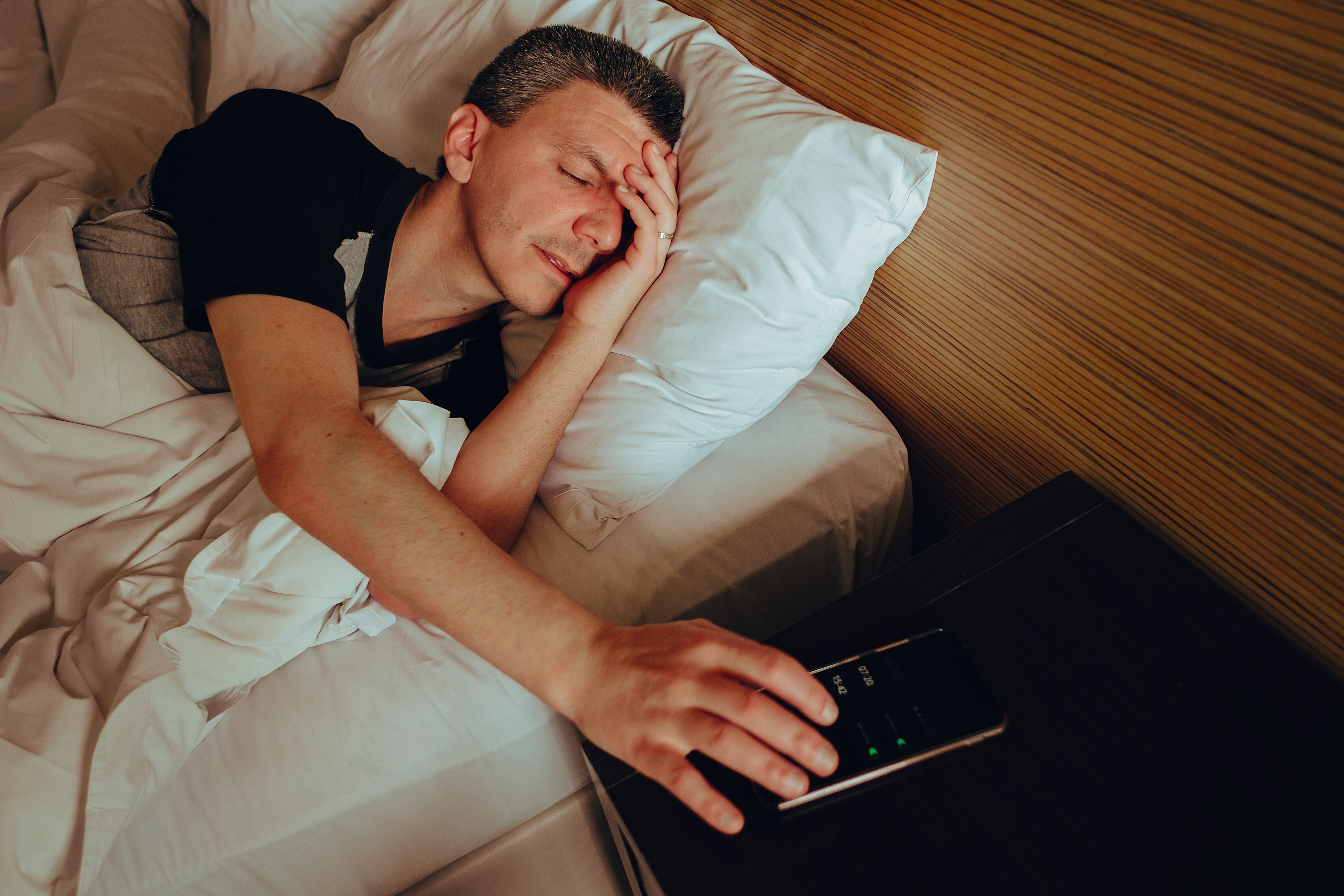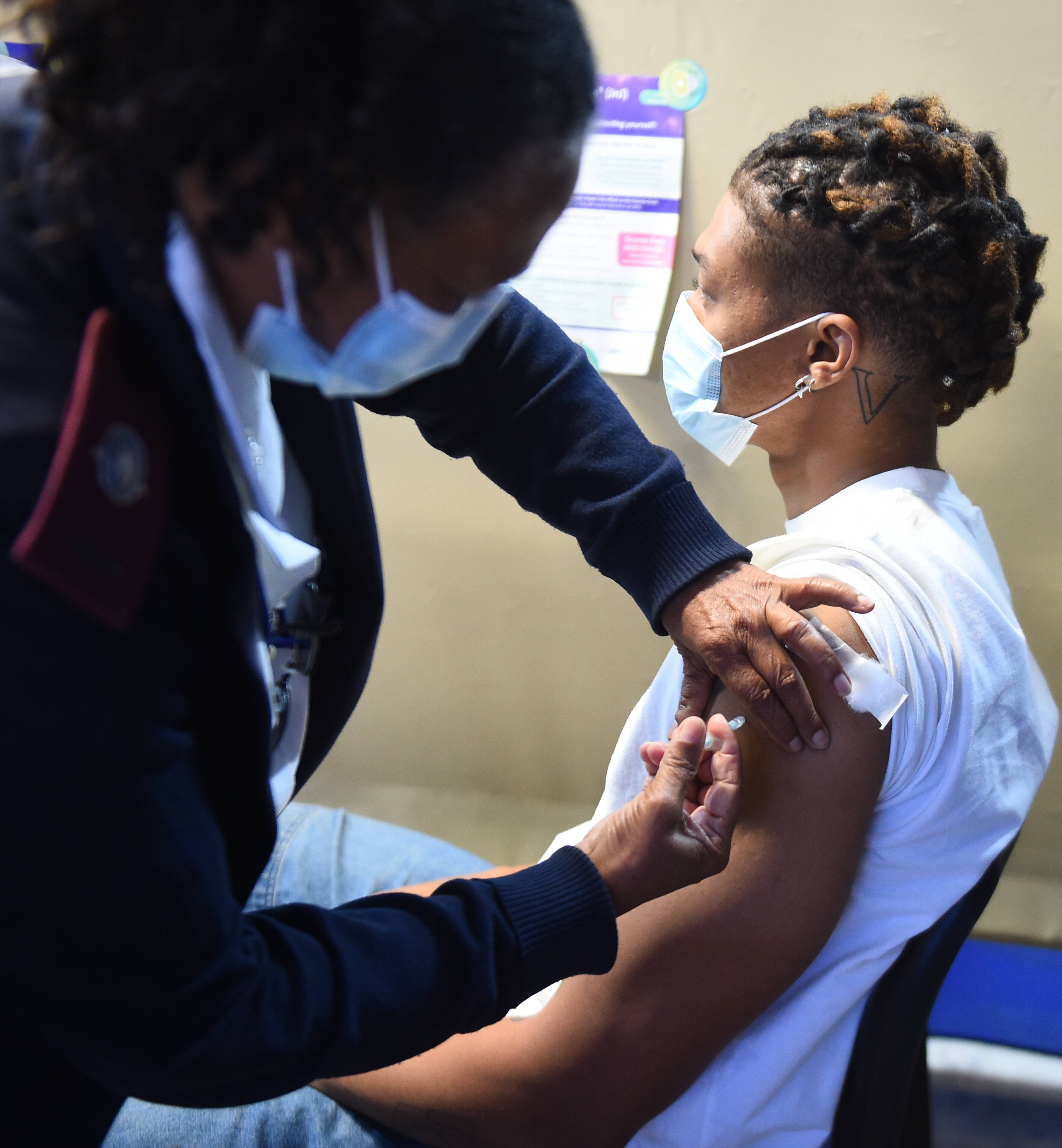
Early on in the pandemic, it became clear that Black and Asian people were more susceptible to catching coronavirus and dying from it.
Almost two years on, that risk hasn’t subsided, despite governments being aware of official data pointing to the fact.
Now new research points out that nothing has changed. The risk of catching Covid and getting severely sick or dying from it remains higher among Black and Asian people.
The study, commissioned by the government, looked at each wave of the pandemic and those hardest hit.
It found that these ethnic groups were consistently most affected by Covid deaths and illness, for a range of complex reasons.
The biggest risk factors for Covid-related deaths are still age and underlying health conditions, but other important factors relate to the disproportionate figures for Black and Asian people.
The factors that make Black and Asians more susceptible to Covid:
Occupation (particularly for those in frontline roles, such as NHS workers), living with children in multigenerational households, and living in densely-populated urban areas with poor air quality and higher levels of deprivation
Once a person is infected, factors such as older age, male sex, having a disability or a pre-existing health condition (such as diabetes) are likely to increase the risk of dying from Covid-19
While ethnicity itself was not thought to be a risk factor, recent research by Oxford University identified the gene responsible for doubling the risk of respiratory failure from Covid-19, carried by 61% of people with South Asian ancestry – this goes some way to explaining the higher death rates and hospitalisations in that group.
In previous research by the government, it found that the rate of Covid deaths were highest for the Black African group (3.7 times greater than for the White British group for males, and 2.6 greater for females), followed by the Bangladeshi (3.0 for males, 1.9 for females), Black Caribbean (2.7 for males, 1.8 for females) and Pakistani (2.2 for males, 2.0 for females) ethnic groups.
In the second wave of the pandemic (from September 12 2020 onwards), the differences in Covid-19 mortality compared with the white British population increased for people of Bangladeshi and Pakistani ethnic backgrounds; the Bangladeshi group had the highest rates, 5.0 and 4.1 times greater than for white British males and females respectively.
Experts are now urging those who aren’t vaccinated, particularly from these cohorts, to get jabbed and get the booster if eligible.
The government is also planning to work with faith and community leaders, open pop-up vaccine and booster centres, and host webinars and produce videos to encourage vaccine uptake among South Asian and Black communities, in the hope of address the disparities.

The review also admitted some of the ways the government has previously neglected these groups in the pandemic.
Going forward, it said the government will:
Not be treating ethnic minorities as a homogenous group – Covid-19 has affected different ethnic groups in different ways throughout the pandemic and a ‘one size fits all’ approach is not an effective way of tackling public health issues
Avoid stigmatising ethnic minorities by singling them out for special treatment, which could be taken to imply that they are vulnerable or, in the case of Covid-19, were somehow at fault for the spread of the virus
Improve the quality of health ethnicity data so that patterns and trends can be spotted quicker in future
If you’re from these groups (or part of any other), don’t forget that booster jabs are now being given at walk-in vaccination sites across England, with no appointment needed.
From November 1, anyone eligible who had their second dose of a coronavirus vaccine at least six months ago can turn up at one of hundreds of jabs sites across the country to get their top up.
The move is part of plans to ramp up vaccine uptake ahead of a “challenging” winter.
Walk-in centres are also offering vaccinations to 12-15 year olds needing their first jab, and parents should check the ‘Grab-a-Jab’ website to find their nearest centre, which is updated each day as new sites open up.



